10 Things you must do if you’re arranging transport for your dealership
10 things you MUST do if you’re arranging transport for your dealership!
1. Check carriers FMCSA to make sure it’s active. Hiring an inactive carrier or a carrier not
licensed for the particular task can leave you open to liability.
2. Check the carriers Safety Rating for excessive violations and accidents. Hiring a carrier
with a bad record can leave you open to liability.
3. Become a certificate holder on the carriers insurance, make sure the insurance certificate
comes directly from the insurance company and not the carrier. There are some bad actors
in the bunch and they can alter documents to make you think they have insurance. The
best way to avoid a fraudulent insurance certificate is to require it be sent only from the
insurance company. You need to update this if your using a carrier for the first time or you
haven’t used them in 60-90 days.
4. Cargo Insurance, the law requires a carrier to have 1 million dollars in general liability but
that doesn’t do anything for your vehicles in transport, those are considered cargo and
there are no cargo insurance requirements. Make sure you verify the cargo insurance and
compare it to the size trailer they have. Do they have $150,000 in cargo and a 10 car
stinger? That’s not going to work if you’re shipping brand new cars. Maybe you should
know how much YOUR deductible is if you choose to hire them.
5. If you have never used a carrier before (especially if it’s an owner operator or a leased on
vehicle) ask them for a picture of the sign on the side of their truck and a picture of their
VIN. Cross reference this with the insurance certificate and the license to make sure
everything matches. This should be the same truck that shows up to pick up your vehicle.
6. Google search the carrier. Carriers come and go like the wind but there are signs when a
carrier is about to fail. Catching this ahead of time is critical and that starts with a good
Google search. You can’t solely use the reviews on the boards, they make it difficult for a
bad review to stick, you want to see views from people outside the industry. Remember
you might be sending these guys to your customers.
7. Check their deductible, lately we’ve seen deductibles as high as $10,000 it’s the new way
of avoiding claims because with most auto transport damage the claims are almost always
lower than $10,000.
8. Relationship matters when it’s time to make a claim. Who is going to gather all the
evidenced submit it? Who is going to make sure the carrier responds in his/her legally
required time frame? Who is going to make sure the insurance company doesn’t simply
deny the claim which they often try to do? Who is going to follow up with the carrier and
the insurance company to make sure things are moving along? Do you know what to do
next if the claim is denied? Do you have to go to your insurance? Our clients can fall back
on our contingent cargo policy but what will you do? Who has the stronger relationship
with the carrier to get them to facilitate a claim? Someone who gave them one car or
someone who gave them 100?
9. What happens if the truck breaks down? How do you back-fill it? Do you verify it’s really
broken down and get the name and address of the shop? Do you get a picture of the car
on the trailer to make sure your car is safe and not damaged? What do you do if the carrier
isn’t taking your call?
10.Consider whether this is the best use of your time and your staff?
How valuable is your time? How much additional accounting must be
done to set up vendor after vendor and get payments to them? How
much end of year back office work is being added to the dealerships
costs. Is it really saving you money to do it yourself if you’re doing it
the right way? What if you could just deal with one company?




